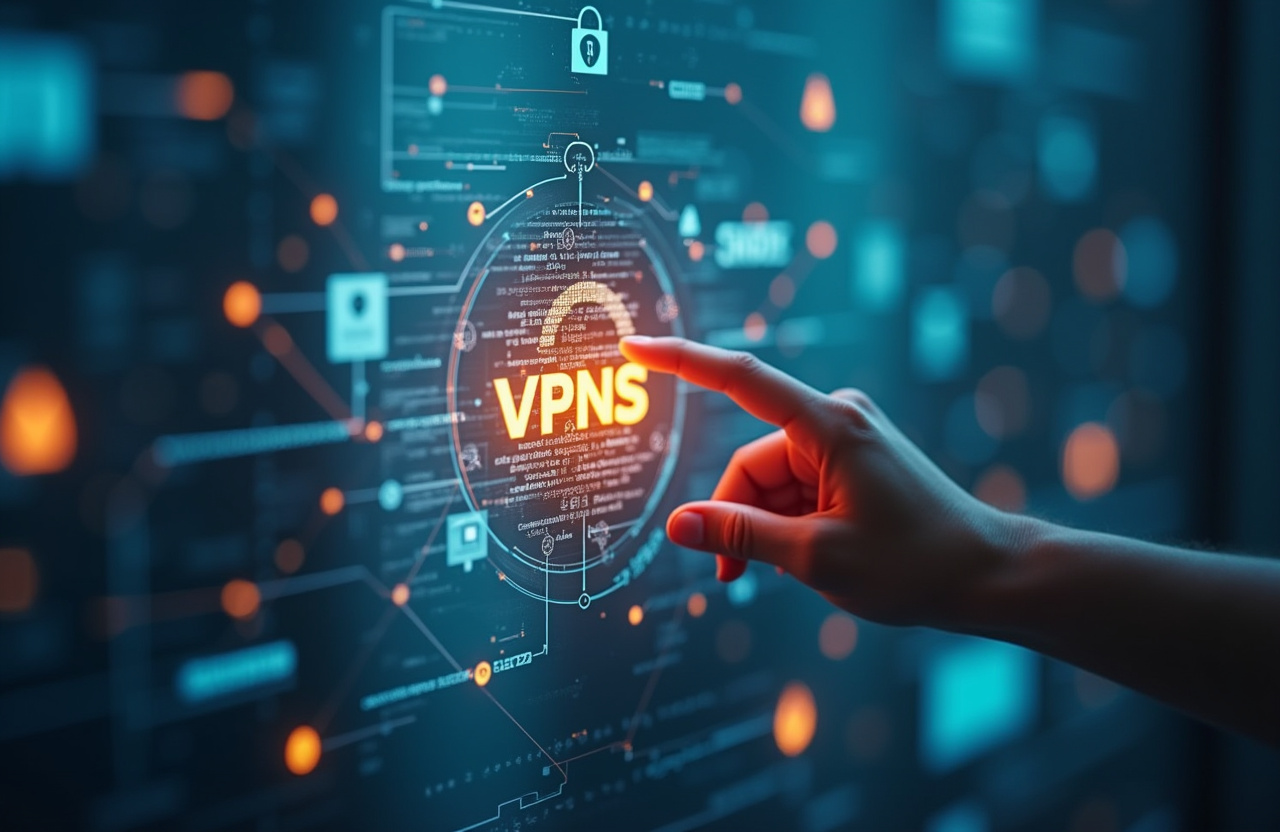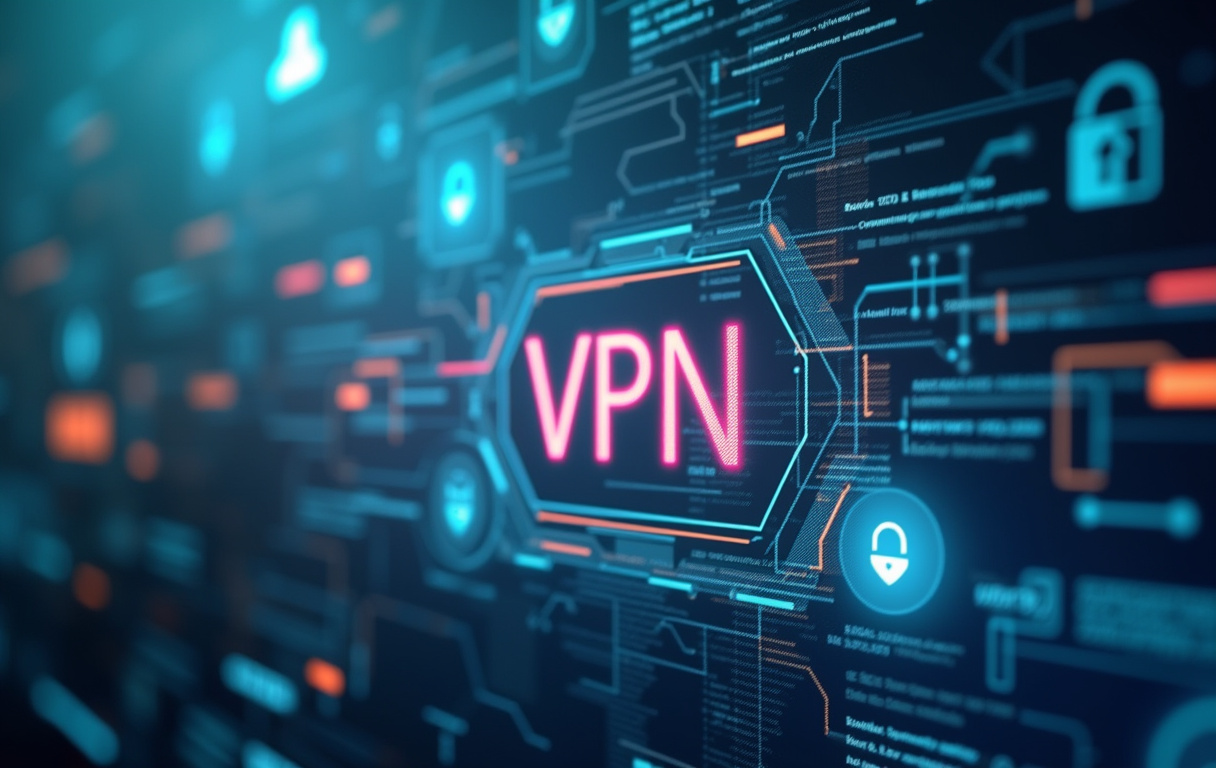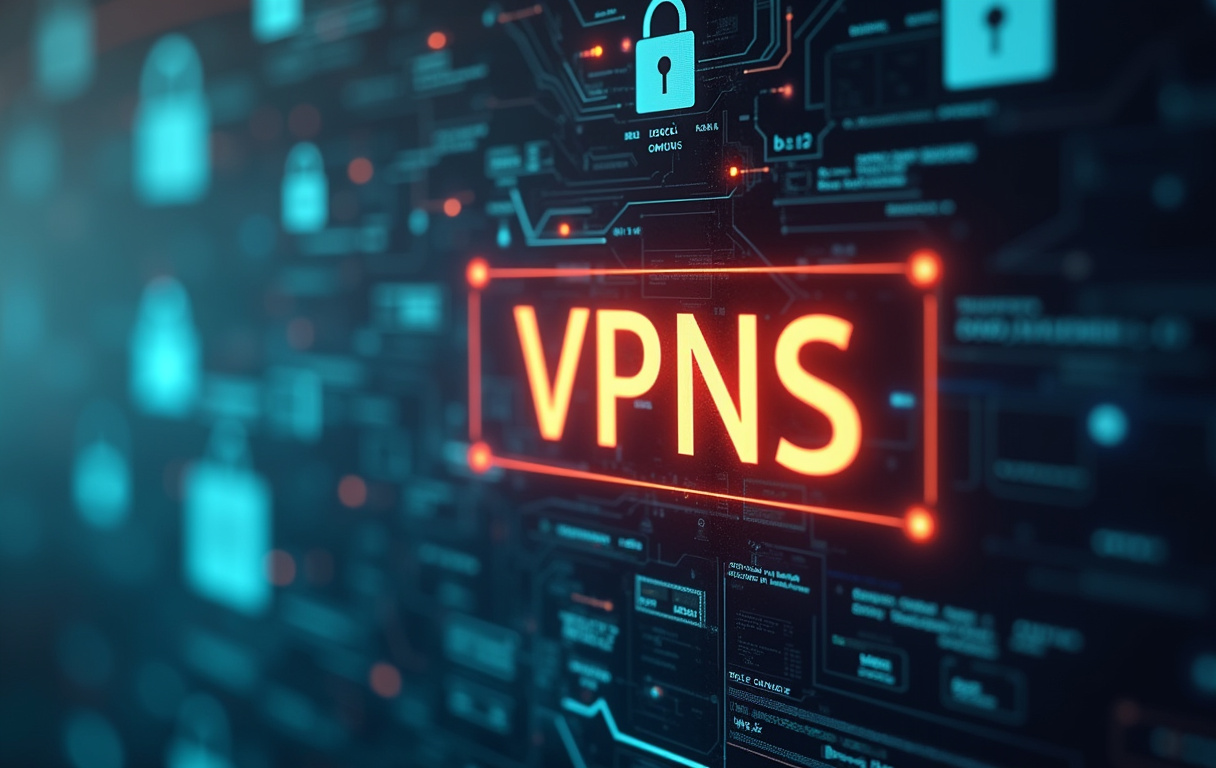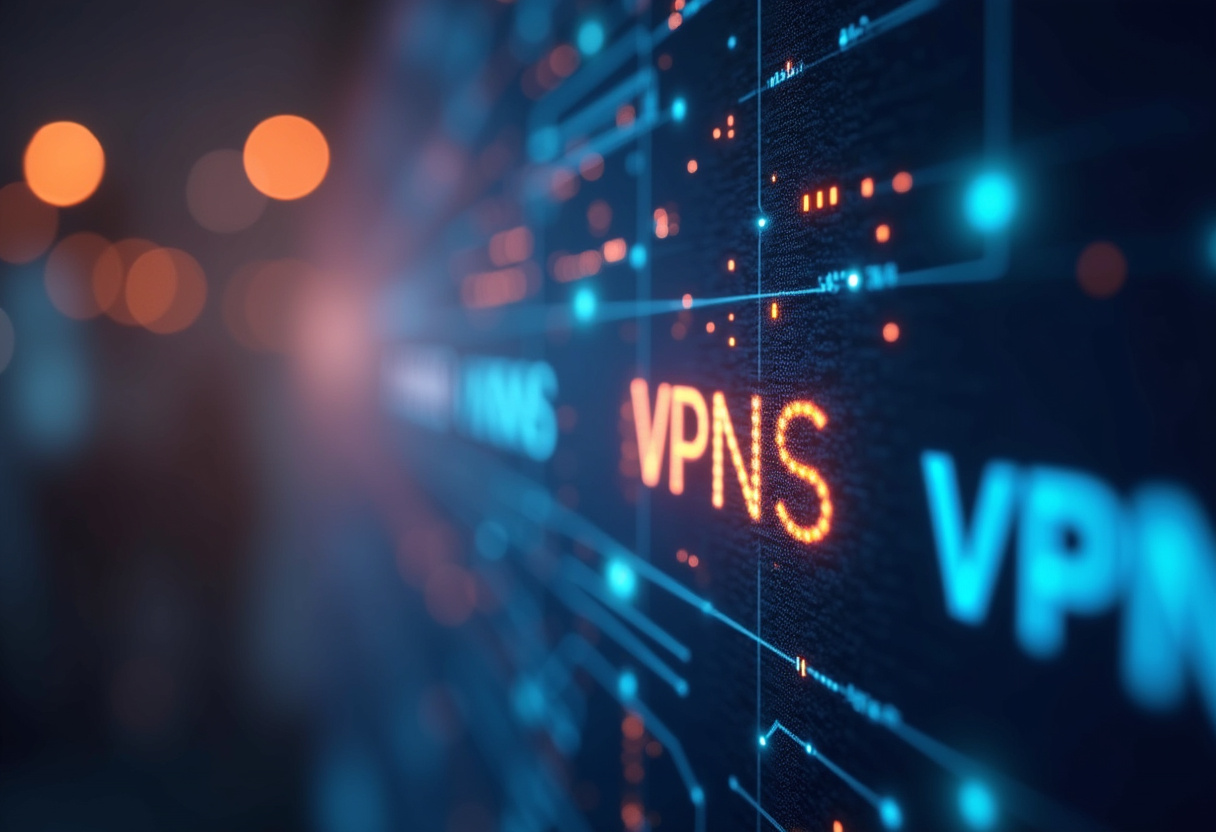VPNs for Emergency Services: Securing Communication Networks
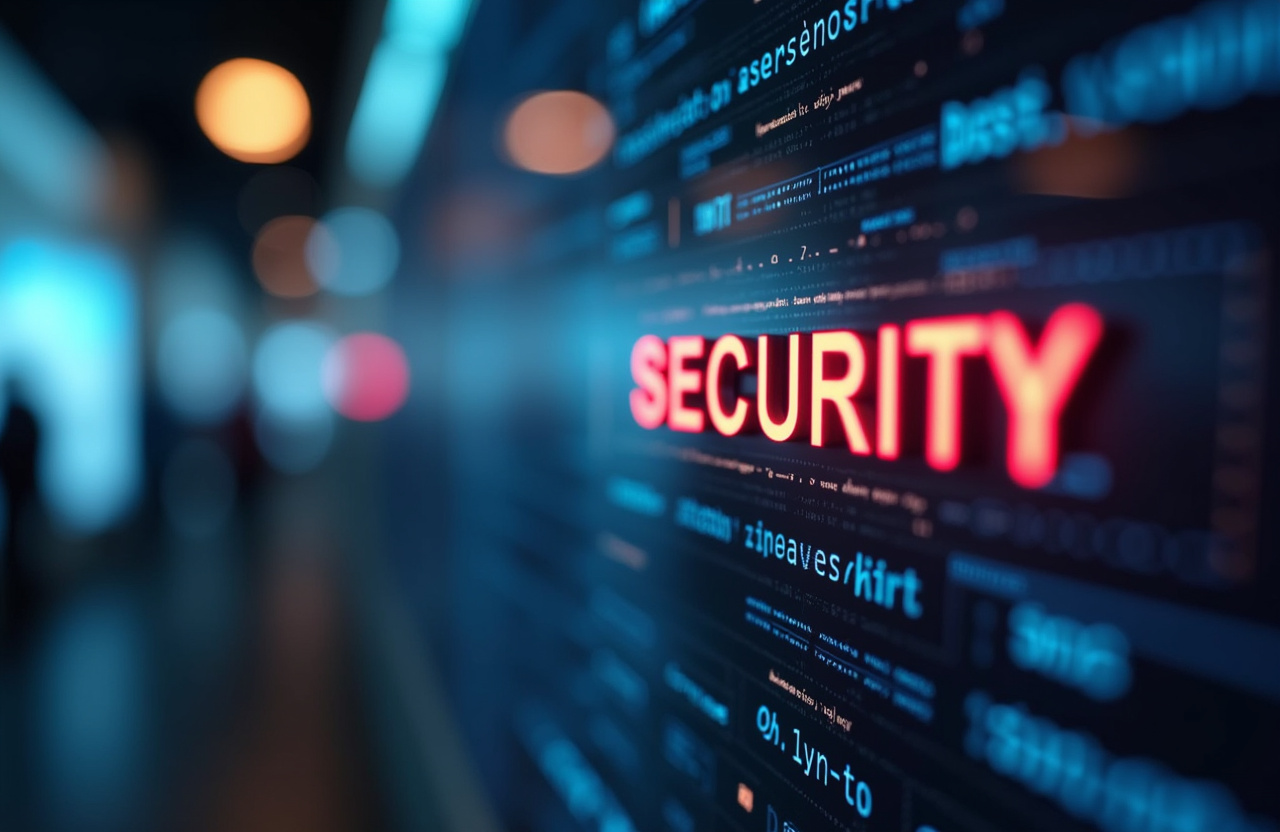
Table of Contents
VPNs for Emergency Services: Securing Communication Networks
In an era defined by escalating cyber threats and an ever-increasing reliance on digital communication, the security of emergency services' networks has become an issue of paramount importance. This article delves into the critical role that Virtual Private Networks (VPNs) play in safeguarding the communication infrastructure of these vital organizations. Emergency services, including police, fire departments, ambulance services, and disaster relief agencies, depend on the seamless and secure exchange of information to effectively respond to crises, coordinate resources, and protect lives.
The data they handle is often highly sensitive, encompassing patient details, incident specifics, strategic plans, and confidential operational protocols. This makes them attractive targets for malicious actors seeking to disrupt operations, steal valuable information, or even compromise public safety. A successful cyberattack on an emergency service network could have devastating consequences, leading to delayed response times, misallocation of resources, and potentially life-threatening outcomes for both responders and the public.
Therefore, the implementation of robust security measures is not merely an option but an absolute necessity for emergency service providers. VPNs provide a powerful set of tools to enhance communication network security. An emergency service VPN functions much like a secure, encrypted tunnel for Internet traffic, shielding sensitive data from potential eavesdroppers and malicious actors who may attempt to intercept or tamper with it.
By creating an encrypted connection between a user's device and the VPN server, all data transmitted through the tunnel is scrambled, rendering it unreadable to unauthorized parties. This encryption process is essential for maintaining the confidentiality and integrity of sensitive information, ensuring that it remains protected from unauthorized access and manipulation. This is achieved by utilizing advanced encryption algorithms that transform data into indecipherable code.
In addition to encryption, VPNs also mask the IP addresses of communicating devices, effectively concealing their location and identity. This is particularly important for emergency responders who may be operating in the field, using public Wi-Fi networks or other potentially insecure connections. By masking their IP addresses, VPNs make it significantly more difficult for attackers to target specific devices or individuals, further enhancing the security of the communication network.
Moreover, emergency service VPN solutions can also play a vital role in ensuring the operational effectiveness of these organizations. For example, with a secure VPN, they can provide safe, remote access to critical databases, dispatch systems, and real-time tracking tools, empowering responders to access the information they need, regardless of their location. This is essential for maintaining situational awareness and facilitating coordinated responses, especially during large-scale emergencies or disaster events.
The importance of critical data protection cannot be overstated in the context of emergency services. Breaches of sensitive information can not only compromise the privacy of individuals but also undermine public trust and jeopardize ongoing operations. By implementing VPNs, emergency services can significantly reduce their risk of data breaches, ensuring that sensitive information remains protected from unauthorized access and disclosure.
The implementation of VPNs within emergency service communication infrastructure represents a proactive approach to cybersecurity. It's an investment in the resilience, reliability, and ultimately, the ability to serve and protect the community when it's needed most. As cyber threats continue to evolve and become increasingly sophisticated, the importance of VPNs in safeguarding these essential communication networks becomes more critical.
Careful selection, robust configuration, consistent monitoring, and diligent adherence to security protocols are all critical in reinforcing emergency service communication networks.
The core benefit of an emergency service VPN lies in its ability to provide robust protection for communication network security. Emergency service networks often rely on a combination of wired and wireless connections, including public internet access. These connections traverse inherently insecure environments, leaving data vulnerable to interception, eavesdropping, and manipulation.
Using a VPN creates an encrypted tunnel, effectively shielding data as it travels across these vulnerable networks. The encryption process transforms sensitive information into an unreadable format, rendering it useless to unauthorized individuals. Moreover, VPNs mask the IP addresses of communicating devices, obscuring their location and making it more difficult for attackers to target specific systems.
This combination of encryption and IP masking provides a comprehensive layer of security, safeguarding data from a wide range of cyber threats. The choice of encryption protocols is crucial. Advanced Encryption Standard (AES) with a 256-bit key is widely considered a robust and secure encryption algorithm, offering a high level of protection against brute-force attacks.
Equally important is the implementation of strong authentication mechanisms to ensure that only authorized personnel can access the VPN. Multi-factor authentication (MFA), which requires users to provide multiple forms of identification, such as a password and a one-time code generated by a mobile app, significantly reduces the risk of unauthorized access. Regular security audits and penetration testing are also essential to identify and address potential vulnerabilities in the VPN infrastructure.
These assessments can help uncover weaknesses in the configuration, software, and hardware used to support the VPN, ensuring that the system remains resilient against evolving cyber threats. Furthermore, a comprehensive incident response plan should be in place to address potential security breaches. This plan should outline the steps to be taken in the event of a data breach, including identifying the scope of the incident, containing the damage, and restoring services.
Regular training and awareness programs for emergency service personnel are critical to ensure that they understand the importance of security protocols and the potential risks associated with cyber threats. By fostering a culture of security awareness, emergency services can empower their employees to be vigilant and proactive in protecting sensitive data. Beyond the technical aspects, the administrative policies surrounding VPN usage are equally important.
Strict password management policies, regular password changes, and limitations on the use of personal devices for accessing sensitive data are all crucial components of a comprehensive security strategy. Furthermore, the VPN solution itself should be regularly updated with the latest security patches and bug fixes to address any newly discovered vulnerabilities. Monitoring VPN logs and activity is also essential for detecting and responding to suspicious behavior.
By analyzing VPN logs, security personnel can identify unusual patterns of activity, such as attempts to access unauthorized resources or large-scale data transfers, which may indicate a security breach. The VPN should be configured to provide granular access control, allowing administrators to restrict user access to specific resources based on their roles and responsibilities. This ensures that only authorized personnel can access sensitive information and prevents unauthorized access to critical systems.
In addition, the VPN should support device authentication, verifying the identity of devices before granting them access to the network. This can help prevent unauthorized devices from connecting to the VPN and potentially compromising the security of the network. Therefore, considering the specific needs and operational context of each emergency service is key to designing and implementing an effective VPN solution that ensures communication network security.
This includes factors such as the size of the organization, the number of users, the sensitivity of the data being transmitted, and the available budget.
Beyond basic security, VPNs significantly contribute to critical data protection, allowing emergency services to fully realize their operational effectiveness. Emergency services routinely handle a vast amount of sensitive information, including patient health records, criminal justice data, and incident reports. This data is subject to strict regulatory requirements, such as HIPAA (Health Insurance Portability and Accountability Act) and CJIS (Criminal Justice Information Services) compliance.
Failure to comply with these regulations can result in substantial fines, legal penalties, and damage to an organization's reputation. A VPN can help emergency services meet these regulatory requirements by providing a secure environment for data storage and transmission. By encrypting data at rest and in transit, VPNs can prevent unauthorized access to sensitive information, thereby reducing the risk of compliance violations.
Furthermore, VPNs can facilitate secure data sharing between different agencies and departments. Emergency services often need to collaborate with other organizations, such as hospitals, law enforcement agencies, and government agencies to coordinate responses to emergencies. A VPN can provide a secure platform for sharing sensitive information, ensuring that only authorized personnel can access and use the data to improve situational awareness and coordination.
The use of a VPN ensures interoperability between various systems and agencies while maintaining security compliance. In addition to protecting data, VPNs also provide opportunities to enhance operational effectiveness. Encrypted channels offer secure remote access to critical systems, allowing emergency responders to access real-time information, dispatch units, and update incident reports, regardless of their location.
This remote access capability is particularly valuable during large-scale emergencies when responders may need to operate from temporary command centers or mobile units. VPNs enable secure mobile communications, extending the reach of emergency services to remote areas. Emergency responders can use VPN-enabled smartphones, tablets, and laptops to access critical systems and communicate with headquarters while operating in the field.
This mobile capability can significantly improve situational awareness and coordination, enabling responders to make more informed decisions. Furthermore, maintaining operational effectiveness also means ensuring that the VPN itself does not become a bottleneck in the communication network. Selecting a VPN solution that offers high performance and scalability is crucial, particularly for organizations with a large number of users or high bandwidth requirements.
Load balancing and traffic prioritization techniques can also be used to optimize VPN performance and ensure that critical data is transmitted without delay. A well-designed and properly configured VPN can empower emergency services to operate more efficiently, respond more effectively to emergencies, and protect sensitive information from unauthorized access. Regular penetration testing and vulnerability assessments, specifically focused on the VPN infrastructure, are crucial to maintain its integrity and effectiveness.
These assessments should be conducted by independent security experts who can identify potential weaknesses and recommend appropriate remediation measures. Moreover, the selection of a VPN solution should involve a thorough evaluation of its security features, performance, scalability, and compliance capabilities. Emergency services should also consider factors such as the vendor's reputation, support services, and pricing model.
It is not sufficient to simply deploy a VPN; rather, it must be an integrated component of a broader security strategy that includes measures such as firewalls, intrusion detection systems, and employee training. The interplay between these different security components is essential for providing comprehensive protection against cyber threats.
Enhancing Security and Privacy of Online Platforms with VPN Integration
The successful deployment and maintenance of an emergency service VPN hinge on a number of best practices that are essential for maximizing its effectiveness and ensuring its ongoing security. One of the most critical aspects is the development and implementation of a comprehensive VPN security policy. This policy should clearly define the acceptable use of the VPN, the responsibilities of users and administrators, and the procedures for reporting security incidents.
It should also outline the security measures that must be in place to protect the VPN, such as strong authentication, encryption protocols, and access controls. Regular review and updates to the security policy are vital to adapt to evolving threats and changes in the organization's operational environment. Security awareness training for all personnel who use the VPN is paramount.
This training should cover topics such as password security, phishing scams, malware prevention, and the importance of reporting suspicious activity. By educating users about these risks and providing them with the knowledge and skills they need to protect themselves, emergency services can significantly reduce the likelihood of successful cyberattacks. Adhering to the principle of least privilege is a cornerstone of secure VPN management.
Users should only be granted access to the resources they need to perform their job duties. This minimizes the potential damage that can be caused by a compromised account. Role-based access control (RBAC) can be implemented to streamline the assignment of permissions and ensure that users have appropriate access levels.
Vigilant monitoring of VPN logs and activity is essential for detecting and responding to suspicious behavior. Security teams should regularly review VPN logs to identify unusual patterns of activity, such as failed login attempts, attempts to access unauthorized resources, or large-scale data transfers. Automated security information and event management (SIEM) systems can be used to automate this process and provide real-time alerts for potential security incidents.
Implementing a robust patch management process is crucial for keeping the VPN software and hardware up-to-date with the latest security patches. Promptly applying security patches can address known vulnerabilities and prevent attackers from exploiting them. Automated patch management tools can help streamline this process and ensure that all systems are patched in a timely manner.
Regular penetration testing and vulnerability assessments can identify potential weaknesses in the VPN infrastructure. These assessments should be conducted by independent security experts who can simulate real-world attacks and identify areas where the VPN is vulnerable. The results of these assessments should be used to implement appropriate remediation measures.
A comprehensive incident response plan is essential for responding to security breaches that may occur despite the best preventative measures. This plan should outline the steps to be taken in the event of a data breach, including identifying the scope of the incident, containing the damage, and restoring services. The incident response plan should be regularly tested and updated to ensure that it is effective.
VPN security is not a one-time effort; it requires ongoing vigilance and continuous improvement. Security teams should stay informed about the latest threats and vulnerabilities and adapt their security measures accordingly. Regular security audits can help identify areas where the VPN can be improved.
By following these best practices, emergency services can maximize the effectiveness of their VPNs and ensure the ongoing security of their communication networks. This will enable them to operate more efficiently, respond more effectively to emergencies, and protect sensitive information from unauthorized access. Investing in a robust and well-managed VPN is a necessary investment in public safety and the well-being of the communities that emergency services are sworn to protect.
The Future Evolution of VPNs in Subscription Services
In conclusion, securing communication networks for emergency services through the strategic implementation of VPNs is not merely a technological upgrade but a fundamental requirement for ensuring operational effectiveness and public safety. This article has delved into the critical aspects of utilizing VPNs, highlighting their role in protecting sensitive data, enhancing communication network security, and ensuring critical data protection, all while underscoring the importance of operational effectiveness for emergency services. The integration of VPNs provides a robust defense against cyber threats, safeguarding confidential information and enabling secure remote access to essential systems.
Emergency service VPN solutions serve as encrypted tunnels, shielding data from unauthorized access and mitigating the risk of interception. The masking of IP addresses adds an extra layer of security, obscuring the location of devices and making it more difficult for malicious actors to target specific nodes within the network. Furthermore, VPNs facilitate secure data sharing between different agencies, enabling seamless collaboration and coordinated responses to emergencies.
The establishment of comprehensive security policies, coupled with regular security awareness training, is crucial for fostering a culture of security within emergency service organizations. By educating personnel about potential threats and empowering them with the knowledge to identify and respond to suspicious activity, the overall security posture of the organization is significantly strengthened. Continuous monitoring of VPN logs, coupled with prompt patch management, ensures that vulnerabilities are addressed promptly and that the system remains resilient against evolving threats.
Regular penetration testing and vulnerability assessments offer valuable insights into the effectiveness of existing security measures and identify areas for improvement. The implementation of a robust incident response plan allows for a swift and coordinated response to security breaches, minimizing the potential damage and ensuring business continuity. Ultimately, investing in VPN technology for emergency services represents a commitment to protecting critical data, maintaining operational effectiveness, and ensuring public trust.
It is an acknowledgment that cybersecurity is not just a technical issue but a strategic imperative that must be addressed to safeguard the integrity of emergency response operations. As cyber threats continue to evolve and become increasingly sophisticated, the importance of VPNs in securing communication networks for emergency services will only grow more pronounced. A proactive and vigilant approach to cybersecurity is essential, and VPNs serve as a cornerstone of a comprehensive security strategy that protects sensitive information, enables secure communication, and ensures that emergency services can effectively fulfill their mission of protecting lives and property.
Prioritizing the security of communication networks is an investment in the well-being of the communities that emergency services are sworn to serve, ensuring that they can continue to respond effectively and efficiently, even in the face of escalating cyber threats. The future of emergency service communication security relies heavily on the continuous advancement and adaptation of VPN technology, alongside a steadfast commitment to best practices and a proactive approach to cybersecurity. Through these measures, emergency services can ensure the confidentiality, integrity, and availability of their communication networks, safeguarding their ability to protect and serve the public.
Stay Updated
Get the latest VPN news, tips, and exclusive deals to your inbox.
